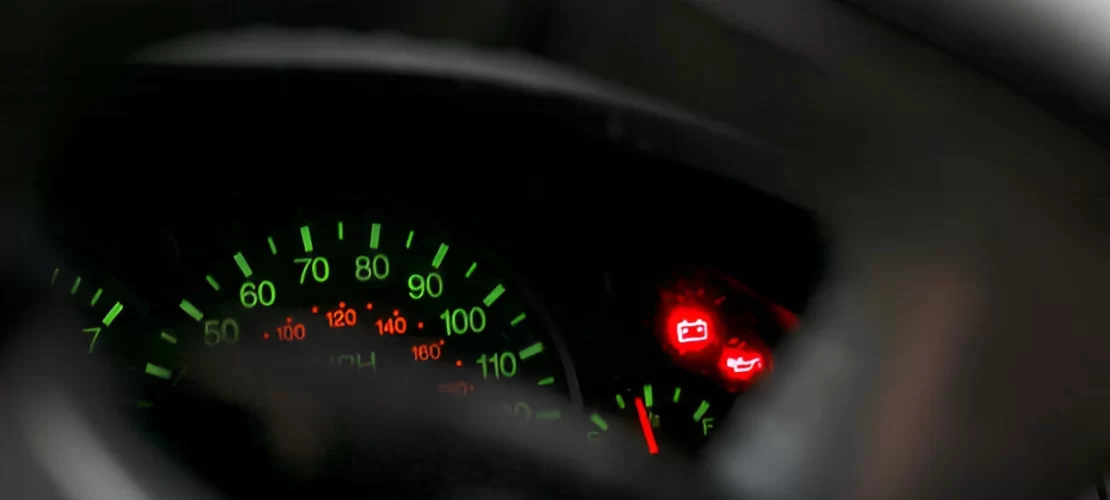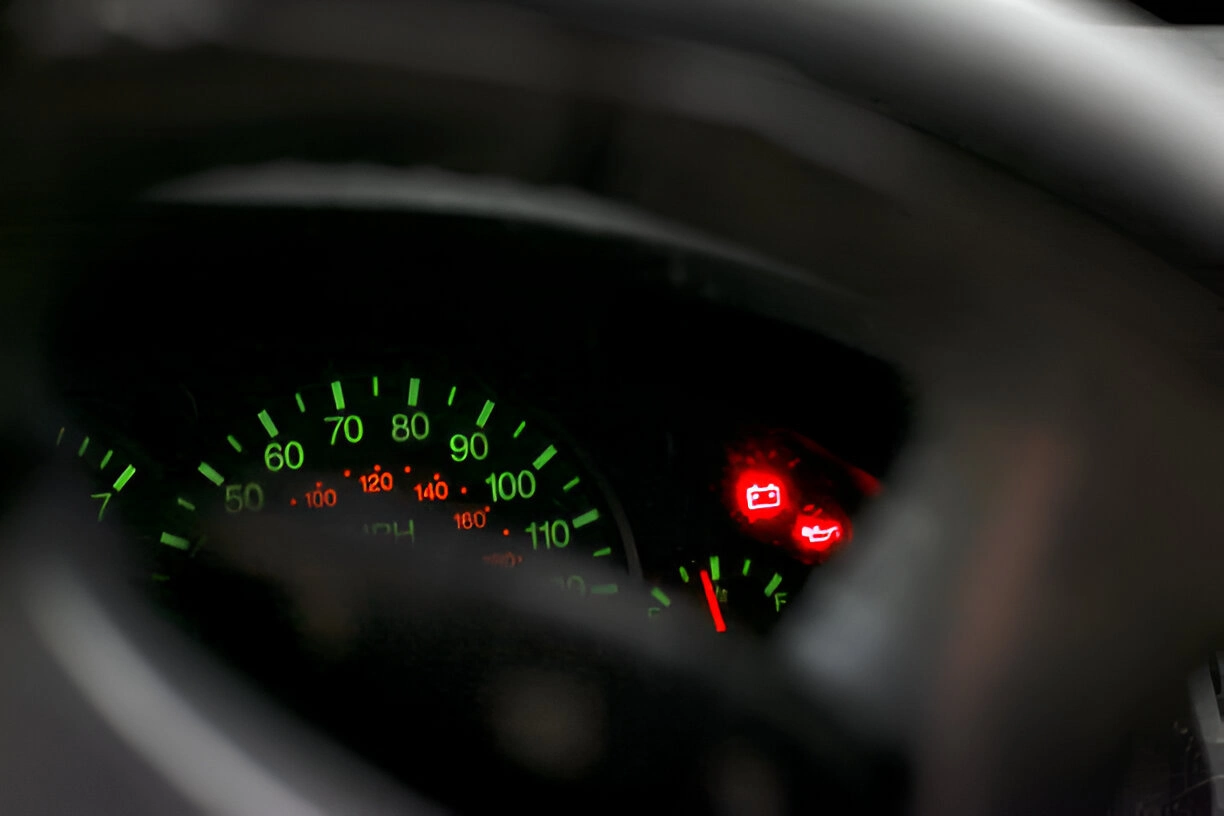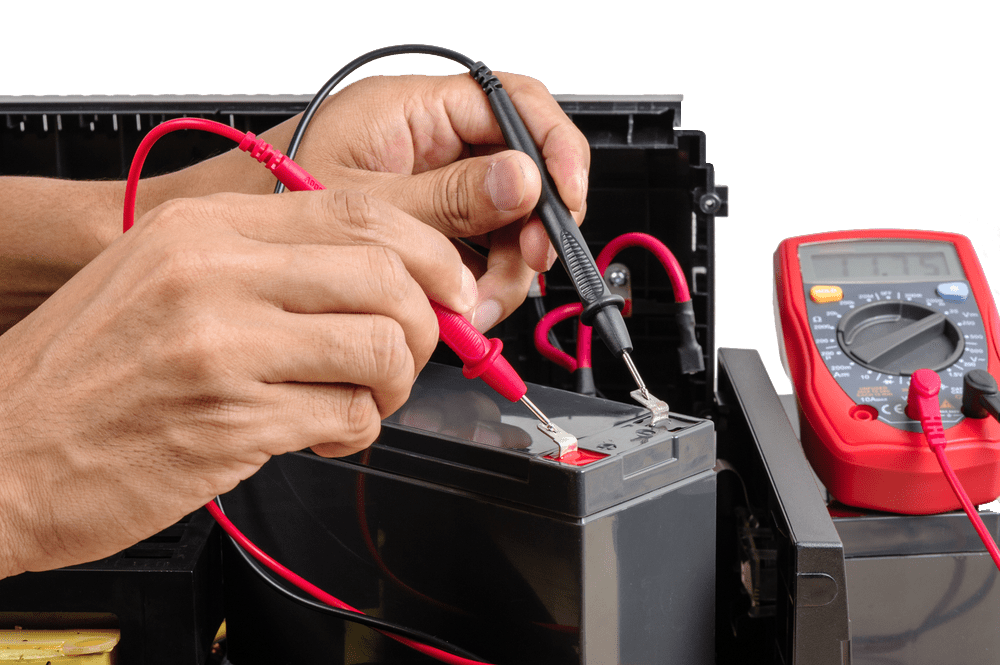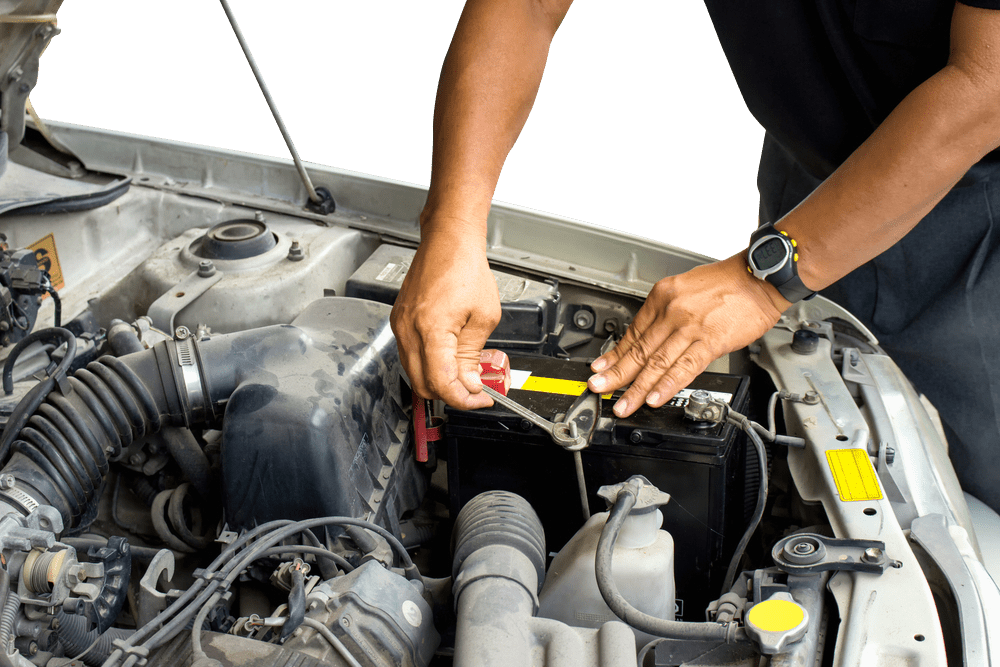- 5 Sep 2024
Why Car Batteries Suddenly Fail

Ever turned the key in your ignition only to be met with silence? If so, you’re not alone. Car batteries are essential for your vehicle’s operation, yet they often fail without warning, leaving you stranded and frustrated. Understanding why car batteries suddenly fail can help you avoid unexpected breakdowns and keep your car running smoothly.
Understanding Car Batteries
Before diving into the reasons why car batteries fail, it’s important to understand how they work. Car batteries are designed to store electrical energy and release it to power the engine and electrical components of your vehicle. They consist of several components, including lead plates, sulfuric acid, and electrolytes, which work together to produce a charge.
Common Reasons Car Batteries Suddenly Fail
Electrical System Issues
One of the most common reasons car batteries suddenly fail is due to problems within the vehicle’s electrical system.
Parasitic Drain
A parasitic drain occurs when an electrical component continues to draw power even when the car is turned off. This can be caused by something as simple as a dome light left on or a more complex issue like a malfunctioning electrical component. Over time, this drain can deplete the battery’s charge, leading to sudden failure.
Faulty Alternator
The alternator is responsible for charging the battery while the car is running. If the alternator is faulty, it may not charge the battery properly, leading to a slow drain on the battery’s power. Eventually, this can cause the battery to fail without warning.
Poor Charging Habits
If you frequently take short trips, your battery may not have enough time to fully charge. Car batteries need adequate time to recharge, and regular short trips can prevent this from happening, leading to a weakened battery that may fail unexpectedly.

Environmental Factors That Cause Car Batteries Suddenly Fail
Extreme Temperatures
Both extreme heat and cold can significantly impact the performance of car batteries, sometimes leading to sudden failure.
Cold Weather Impact
Cold weather is notorious for causing car batteries to fail. In freezing temperatures, the chemical reactions within the battery slow down, reducing its ability to hold a charge. This is why many people find that their car batteries fail during the winter months.
Heat Damage
On the other hand, excessive heat can also damage car batteries. High temperatures can cause the battery fluid to evaporate, leading to internal damage. Over time, this can weaken the battery and increase the likelihood of sudden failure.
Signs Your Car Battery is About to Fail
Slow Engine Crank
One of the earliest signs that your car battery is failing is a slow engine crank. If you notice that your engine takes longer than usual to start, it could be a sign that your battery is losing its charge.
Warning Lights
Most modern vehicles are equipped with warning lights that can indicate a problem with the battery. If you see the battery warning light on your dashboard, it’s time to check your battery and possibly replace it.
Unusual Electrical Problems
If your car’s electrical components, such as the lights or radio, are behaving erratically, it could be a sign that your battery is on its last legs. These issues can occur when the battery isn’t supplying enough power to the vehicle’s electrical system.
How to Prevent Your Car Battery from Failing Suddenly
Regular Maintenance
The best way to avoid a sudden battery failure is to keep up with regular maintenance.
Cleaning Battery Terminals
Over time, corrosion can build up on the battery terminals, preventing the battery from charging properly. Regularly cleaning the terminals can help ensure a good connection and extend the life of your battery.
Checking Battery Voltage
It’s a good idea to regularly check your battery’s voltage with a multimeter. A fully charged battery should read around 12.6 volts or higher. If your battery consistently reads below this, it may be time to replace it.
Avoiding Short Trips
As mentioned earlier, short trips can prevent your battery from fully charging. Try to take longer trips occasionally to allow your battery to recharge fully. If short trips are unavoidable, consider using a battery maintainer to keep your battery charged.
What to Do When Your Car Battery Fails
Immediate Steps to Take
If your car battery suddenly fails, there are a few immediate steps you can take to get back on the road.
Jump-Starting the Car
A jump start is often the quickest way to get your car running again. However, it’s important to follow the proper procedure to avoid damaging your vehicle’s electrical system.
Replacing the Battery
If your battery has failed and cannot be revived with a jump start, you’ll need to replace it. When choosing a new battery, make sure it meets your vehicle’s specifications.
Seeking Professional Help
If you’re unsure about how to jump-start your car or replace the battery, it’s best to seek professional help. A qualified mechanic can diagnose the problem and ensure that your vehicle is back in working order.
Conclusion
Car batteries are a critical component of your vehicle, and understanding why they suddenly fail can save you from unexpected breakdowns. Whether it’s due to electrical system issues, extreme temperatures, or simply poor maintenance, being aware of the potential causes can help you take steps to prevent battery problems. Regular maintenance, paying attention to warning signs, and knowing what to do when your battery fails can keep your car running smoothly.











